Petrol at N1,000: Nigerians Face a Tough Choice
Nigerians are now caught between two hard realities: paying N1,000 per litre for petrol or switching to compressed natural gas (CNG) at a significantly lower cost of N200 per Standard Cubic Meter. This is the dilemma President Bola Ahmed Tinubu has presented as part of his administration’s push for alternative fuel sources.
Speaking during a meeting with executives of the Nigerian Independent Petroleum Company (NIPCO), Tinubu outlined his administration’s new energy strategy. The president emphasized that Nigerians now have a clear option—either continue paying exorbitant prices for petrol or transition to CNG, a cleaner and more affordable fuel alternative.
Join our WhatsApp Channel“Nigeria’s motorists can buy petrol at N1,000 per litre or equivalent gas per Standard Cubic Meter at N200,” Tinubu declared, leaving no ambiguity in the choice facing millions of drivers across the country.
A Costly Transition or a Sustainable Future?
The decision to shift towards CNG is part of the broader Presidential Compressed Natural Gas Initiative (PCNGI), which aims to reduce the country’s dependence on petrol. While many welcome the promise of cheaper fuel, critics argue that the infrastructure and logistics required for this transition are still lacking.
President Tinubu, however, remains optimistic. “We have also introduced incentives for commercial motorists to convert from petrol to gas, free of cost,” he explained. But for many Nigerians, the idea of converting their vehicles, even for free, feels like a daunting challenge.
“I don’t know if I’m ready to make that switch,” says Bala Omokhafe, a commercial driver in Lagos. “The government says it’s free to convert, but what happens if the CNG stations aren’t enough? What if it costs me more to fill my tank in the long run?”
This sentiment is widespread among motorists who fear the conversion might bring more hidden costs. In a country where petrol has long been the default, the cultural and logistical shift to CNG seems like an uphill battle, despite the government’s promises of savings.
The Role of NIPCO in the Transition
One of the key players in this energy shift is NIPCO, which has been instrumental in promoting and supporting the ‘Switch to CNG’ campaign. The company’s efforts are vital, not just in increasing awareness but also in providing the necessary infrastructure for the conversion of petrol-powered vehicles to CNG.
“NIPCO’s investments align with our energy diversification strategy,” Tinubu acknowledged during his speech. “Their role in building CNG stations across the country is crucial in helping us reduce fuel costs for consumers and our carbon footprint.”
Ramesh Kasangra, NIPCO’s director, has been at the forefront of these efforts. During the meeting, he expressed his gratitude for the government’s support of the CNG sector. “We believe in Nigeria’s long-term potential,” Kasangra remarked, noting that the company had already invested over N100 billion in laying pipelines and building stations to make CNG more accessible.
But even with NIPCO’s efforts, the transition to CNG still faces major hurdles. As Kasangra noted, expanding the infrastructure is a massive undertaking. While NIPCO’s investments are significant, they represent just a fraction of what will be needed to ensure that CNG becomes a viable alternative for all Nigerians.
READ ALSO: Trekking Through Inflation: Nigerians Struggle With Rising Petrol Prices
Will CNG Solve Nigeria’s Energy Crisis?
For President Tinubu, the shift to CNG is not just about reducing fuel costs; it’s part of a larger plan to move Nigeria towards cleaner energy solutions. During his meeting with NIPCO executives, he reaffirmed the importance of public-private partnerships in driving the country’s energy transition.
“Our administration is focused on expanding Nigeria’s CNG infrastructure to enhance energy efficiency and stimulate economic growth,” Tinubu said, outlining the long-term benefits of cleaner energy sources.
But some Nigerians are skeptical about whether CNG can really solve the country’s energy crisis. “We’ve heard promises like this before,” says Emeka Igbokwe, a business owner in Ajao Estate, Lagos. “The government talks about cheaper fuel, but what about the hidden costs of maintaining my car after conversion? What about the reliability of CNG stations?”
Others argue that while the focus on CNG is a step in the right direction, the government’s push may be too ambitious given the current state of Nigeria’s energy infrastructure. The scarcity of CNG stations and conversion centres is already causing frustration for those who want to make the switch but find themselves facing logistical challenges.
Can Nigeria Really Move Away from Petrol?
The push for CNG as an alternative fuel raises questions about Nigeria’s broader energy future. For decades, the country has been heavily dependent on petrol, and the cultural attachment to this fuel runs deep. Transitioning to CNG requires not just infrastructure but a change in mindset, one that many Nigerians are not yet ready to embrace.
However, the government’s stance remains firm. “We are committed to creating a conducive environment for private-sector investments in energy diversification,” Tinubu stated, emphasising that the move to CNG is part of a broader effort to stimulate economic growth and reduce Nigeria’s carbon footprint.
Still, many Nigerians are left wondering whether this transition is truly feasible. Can CNG really become the new normal in a country so heavily reliant on petrol? And will the benefits promised by the government materialise, or will they remain just that—promises?
The debate over petrol versus CNG is not going away anytime soon. With fuel prices at an all-time high, Nigerians are searching for answers. But as long as uncertainty remains over the logistics of the switch, the country’s motorists may find themselves stuck between a rock and a hard place.
Emmanuel Ochayi is a journalist. He is a graduate of the University of Lagos, School of first choice and the nations pride. Emmanuel is keen on exploring writing angles in different areas, including Business, climate change, politics, Education, and others.

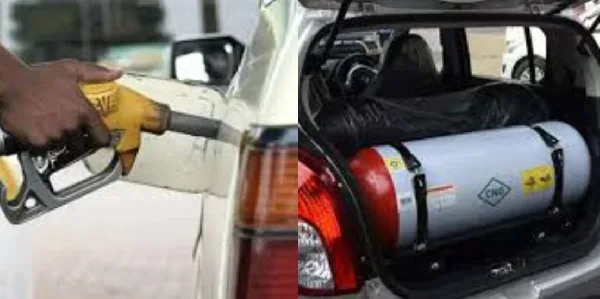




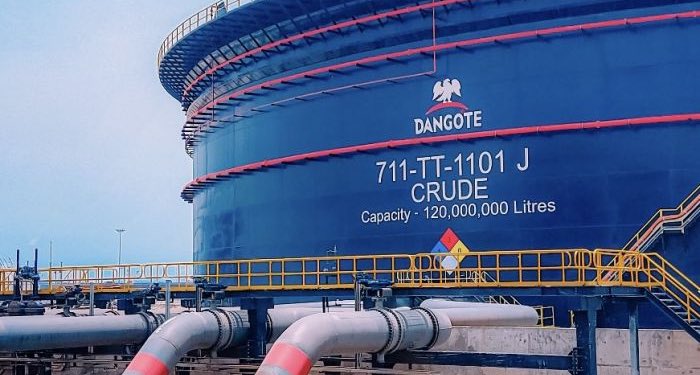
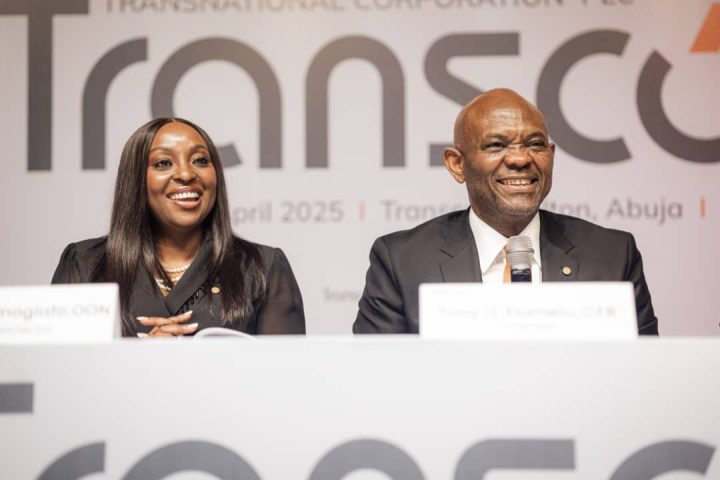






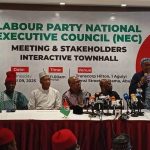
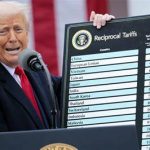

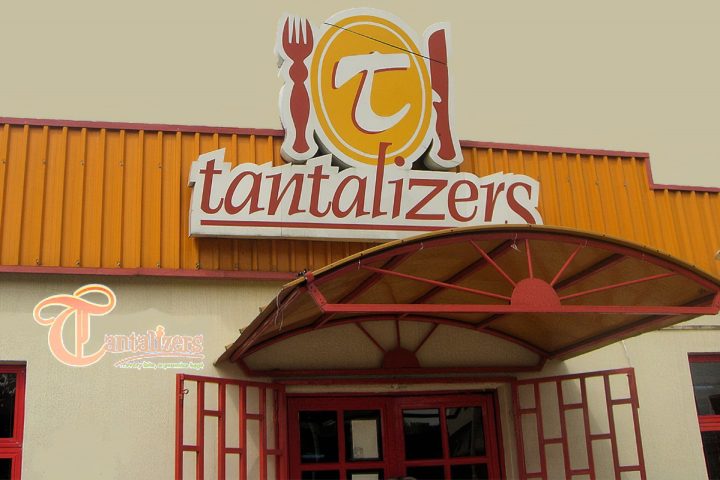

Follow Us